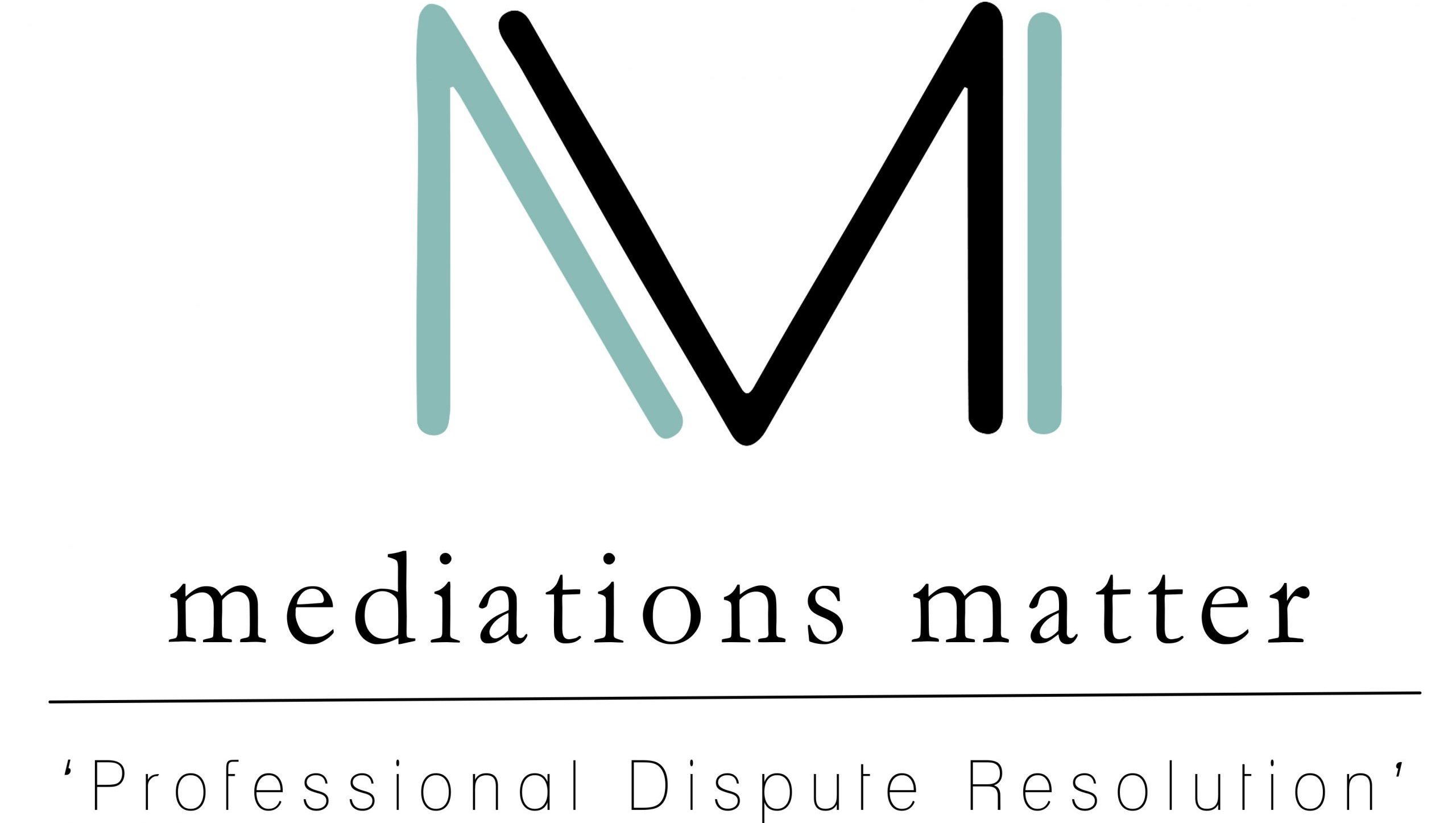In today’s fast-paced and often litigious society, disputes are commonplace. Whether it is a disagreement between business partners or a dispute between neighbours, conflicts can be stressful and time-consuming. Fortunately, there is an alternative to litigation: mediation. In this article, we will explore the benefits of mediation over litigation when it comes to resolving disputes.
First, mediation is less expensive than litigation. Mediation typically involves a single mediator, while litigation requires each party to hire their own lawyer. Lawyers can be expensive, and their fees can quickly add up, making litigation a costly affair. In contrast, mediation is a more affordable option, and the costs are generally split between the parties involved.
Second, mediation is a more efficient process than litigation. Mediation can take just a few hours or a few days to complete, while litigation can take months or even years. Mediation allows the parties to resolve their dispute in a timely manner, without the need for lengthy court proceedings. This can save time and reduce stress, allowing the parties to move on with their lives and their business more quickly.
Third, mediation is a private process. Unlike litigation, which is often conducted in a public courtroom, mediation is a confidential process. The parties involved can speak freely without fear of their words being used against them in court. This allows the parties to be more open and honest with each other, and to work towards a resolution that is mutually acceptable.
Fourth, mediation is a more collaborative process than litigation. In litigation, each party is trying to win the case, and the focus is on proving the other party wrong. In mediation, the focus is on finding a mutually acceptable solution that satisfies both parties. The mediator helps the parties identify their common interests and works with them to find a solution that addresses those interests. This collaborative approach can lead to a more satisfactory outcome for everyone involved.
Finally, mediation allows the parties to maintain control over the outcome. In litigation, the outcome is decided by a judge or jury, and the parties must accept the decision. In mediation, the parties have the power to decide the outcome. The mediator acts as a facilitator, helping the parties to come to an agreement that they both find acceptable. This can lead to a more satisfactory outcome, as the parties have been able to work together to create a solution that meets their needs.
In conclusion, mediation is a more affordable, efficient, private, collaborative, and empowering way to resolve disputes. It allows the parties to work together to find a mutually acceptable solution, rather than engaging in a contentious battle in court. If you find yourself involved in a dispute, consider mediation as a viable alternative to litigation.

